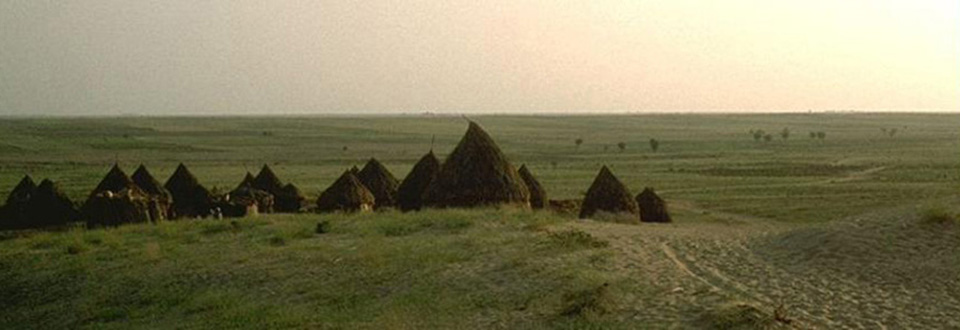
Wadi Maur, Yemen, 1974 (Mundy)
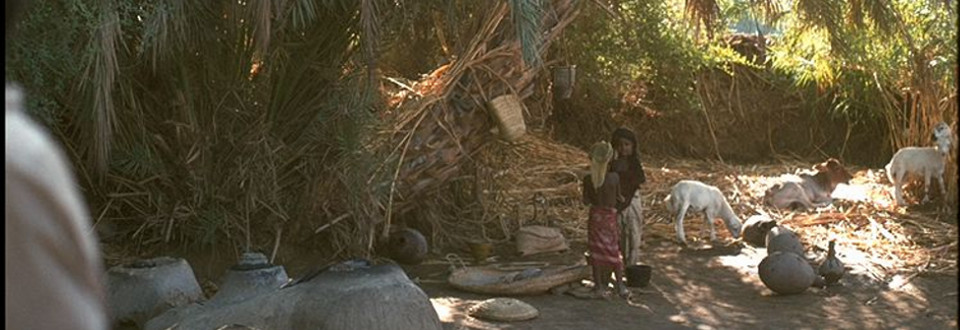
Wadi Maur, Yemen, 1975 (Mundy)
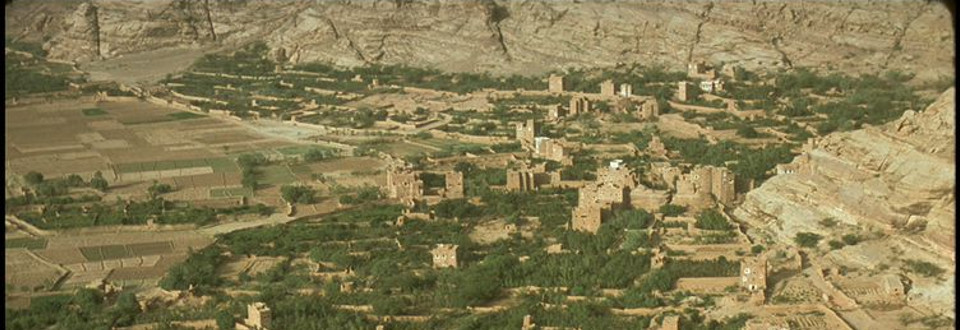
Wadi Dahr, Yemen 1974 (Mundy)
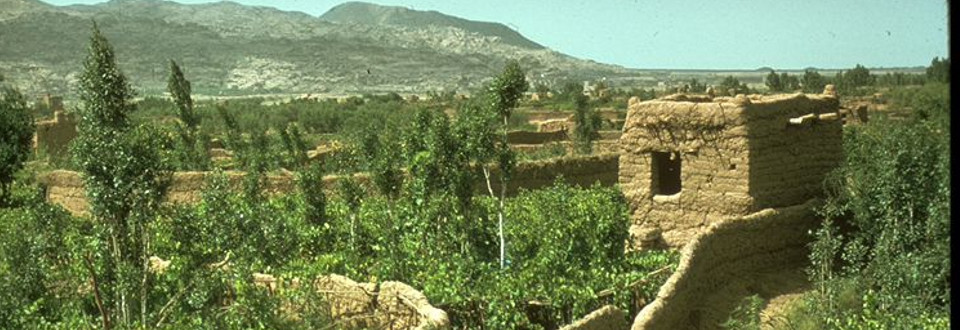
Wadi Dahr, Yemen, 1975 (Mundy)
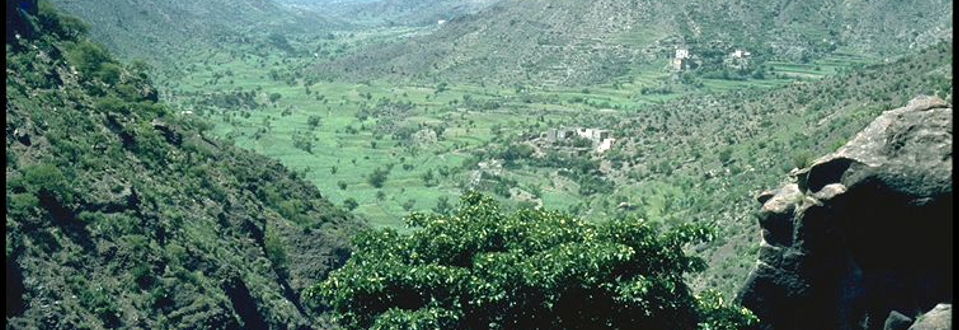
Underdevelopment is an immediate product of US imperialism. As China rises and the US ebbs, it is timely to inject into the development debate anti-mainstream ideas that may make for better development. The purpose of this article is to highlight the shortcomings of neoliberalism and to foist some characteristics of the Chinese model as alternatives to the dominant ideology.
Read More >La Tunisie dépend, comme beaucoup d’autres pays du Sud, des pays du Nord pour assurer la nourriture de sa population dont le nombre total est d’environ 12 millions d’habitants. Globalement, le pays importe plus de 50 % de ses besoins alimentaires alors même qu’il ne manque ni de sols agricoles fertiles, ni de ressources hydrauliques exploitables, ni encore de compétences et de savoir-faire(s) locaux en matières de productions agricoles et de gestion des ressources naturelles.
Cet article vise à montrer comment la dépendance alimentaire a été volontairement mise en place et développée (produite) depuis le début de l’époque coloniale (fin du XIXème siècle).
Read More >Following Independence from colonial rule in 1947, the nature of the principal contradiction in the agrarian economy in India was fairly clear. The principal contradiction was that between the mass of the working peasantry and labourers on the one hand, and on the other hand the minority of landlords, traders and money lenders who monopolized control over land and money-capital, thereby exploiting the peasantry through rent, interest and exorbitant traders’ margins. This contradiction had indeed been present earlier too and had been part of the general contradiction between the Indian people as a whole and imperialism; but in the post-Independence period it came to the fore and determined the immediate agenda of the democratic struggle.
The principal contradiction was no longer as earlier, that between the Indian people as a whole, and imperialism and its local comprador allies. While imperialism was by no means dead, it was on the retreat in the context of the Post-War shambles that was the advanced world, and de-colonization allowed space for third world countries like India to try to de-link from the earlier international division of labour under which they had been completely open and liberalized economies geared to metropolitan growth, not national growth. They could now protect their economies and undertake state intervention in the interests of national development- in which they were helped by the existence and aid of the socialist camp. The old liberalizers were silenced; the new liberalizers had not yet appeared.
Read More >In the 1970s and 1980s, an array of African intellectuals took stock of the lights and shadows of the Bandung experiments in national developmentalism. The Egyptian economist Samir Amin was foremost in advancing an alternative to attempting a successful incorporation into the world-system. In its stead and drawing heavily on the Maoist worker-peasant alliance in China, Amin formulated delinking – a popular development strategy based on subjecting external trade and financial flows to a popularly-determined law of value.
Delinking was a political and economic response to the social and economic pressures which capitalism exerted on peripheral development. But it was not the only one, as the limits of import-substitution industrialization, commodity-crop reliance, and agricultural modernization based on a mythical middle-peasant path to progress became ever-more-clear. Parallel to Amin’s formalization of the Maoist developmental path, peasant-oriented agronomists, ecologists, biologists, ethno-botanists, and others across the post-colonial world, built up their own counter-movement to the Bandung-era agricultural modernization project. They did not focus politically or sociologically on the peasant basis of development strategy. Instead, they set their attention to the anthropological, technical, and ecological basis of “traditional” peasant farming. On that basis they developed a set of principles which formed the foundation of what has now become a globe-spanning plan for an alternative modernity: agro-ecology.
Read More >In 2017, more than 68% of Morocco’s total land area is zoned as agricultural, and the sector represents approximately 12% of the national GDP and employs 37% of the population (‘Morocco | Data’ n.d.). Since the early 2000s, following more than two decades of reduced governmental involvement, the agricultural sector in Morocco has received renewed interest. Transformations have been shaped by changes in the land tenure structure, which allowed private players to access governmental lands as part of a public-private partnership (PPP) .
Read More >Read More >
At the turn of the 21st century (1990-2011), the application of “economic reform and market liberalization” [al-Islah al-iqtisadiwa-tahrir al-suq] policies brought about a major shift in the historical agrarian political economy of Baathist Syria. Starting at the time of the Egyptian-Syrian Union and developed during the Baathist-Socialist Revolution of 1963, Agrarian Reform and policies of national self-sufficiency and national food sovereignty represented an exception to the very globalized new agrofood corporatist regime. Although the policies of Economic Reform enlarged, in some respect, the political economic path set up by the Infitah [Opening] at the end of the 1980s, the transformation from an auto-centred controlled economy to a global market subjugated economy, acquired a new scale. This essay considers the impact of the Economic Reform on the reconfiguration of Syrian agrarian landscapes and domestic economies from an interregional comparative perspective.
Read More >